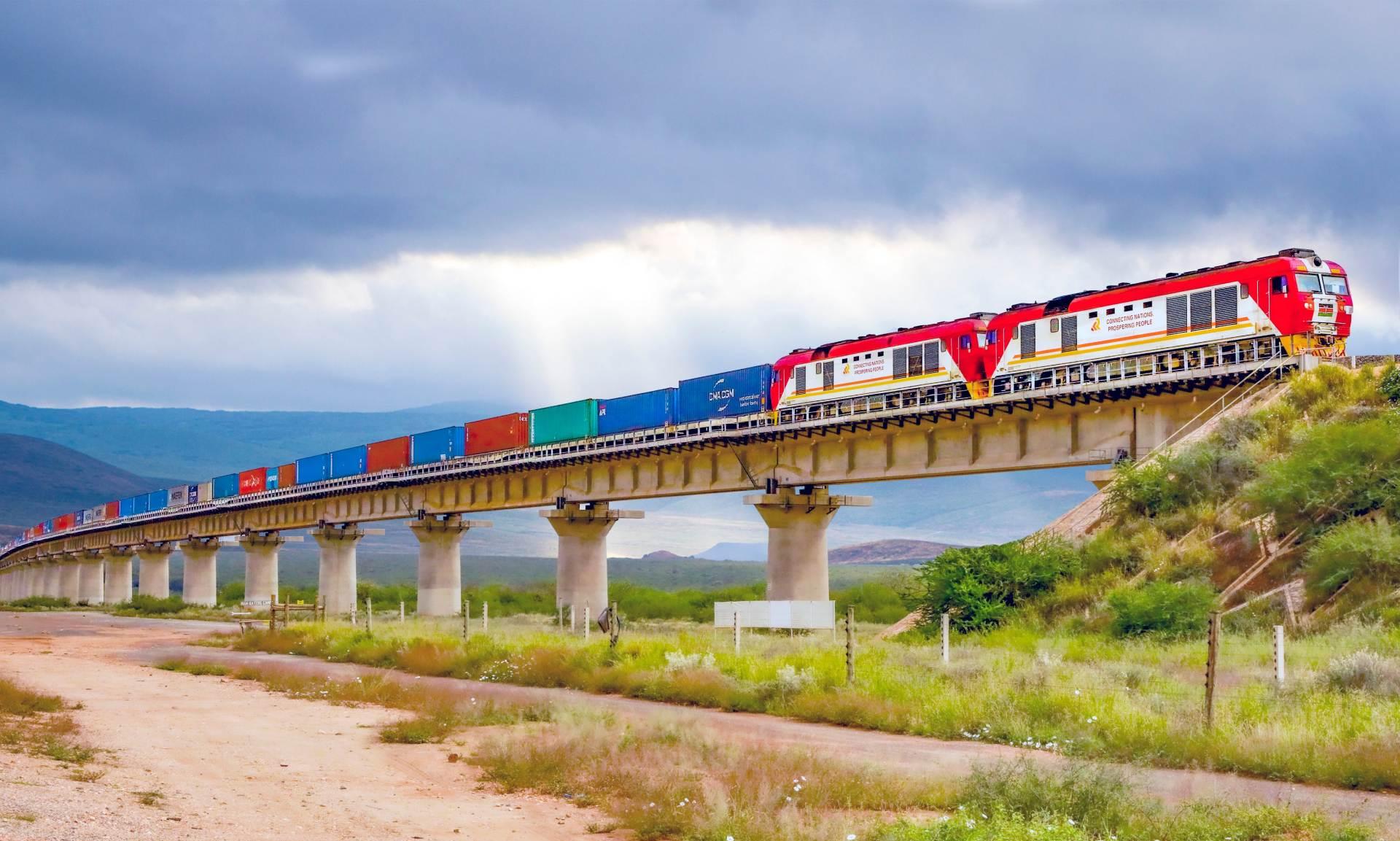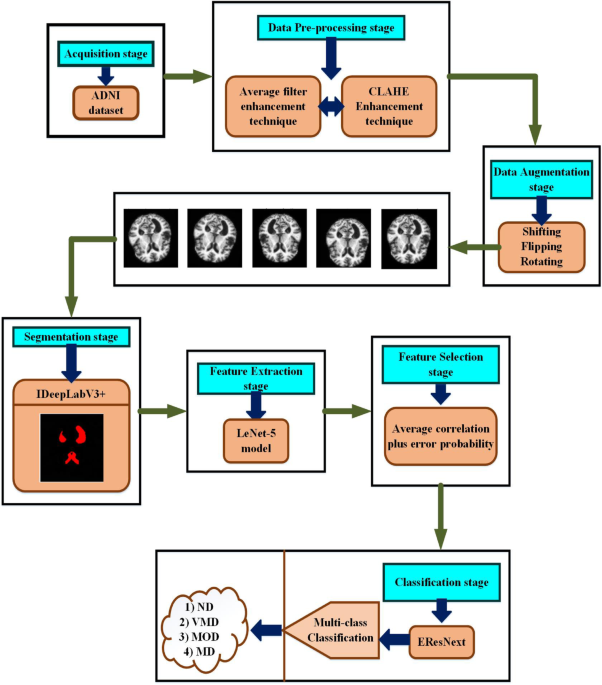The invisible walls stunting African startups
Across Africa, a growing number of startups are reaching for the future by leveraging cutting-edge technology to solve real, local problems. From AI-powered tools to fintech innovations, the ambition is clear: build world-class solutions for African challenges.
But despite hitting the right notes on market fit and innovation, many of these companies stall. Not because their products are flawed, or because people don’t need them, but because the very systems that should support them don’t exist. There’s a quiet but consistent pattern: as momentum builds, reality kicks in.
The truth is, there’s a significant infrastructure gap that too many players underestimate until it’s too late. And it’s not just a “startup problem” — it’s a systemic issue, buried deep within how our economies function.
Often, the factors that stall African startups are completely outside the control of the founders, VCs, or even major industry players. They’re issues that more established companies have figured out how to work around, not solve. These workarounds are rarely shared and never scalable. New players that are coming in with all the energy and clarity of a fresh solution get blindsided by the same invisible walls.
Take Nigeria, for example. One of the most glaring roadblocks is the lack of a robust credit system. Unlike in the US or other developed economies, startups and consumers alike here cannot rely on a stable financial infrastructure to support scaling or long-term planning. It’s hard to forecast, harder to lend, and even harder to collect. This makes it nearly impossible to build reliable B2C or even B2B models that depend on trust, recurring payments, or creditworthiness.
Add worsening macroeconomic conditions like currency devaluation, inflation, erratic policy shifts, and you’ll see how even the strongest financial projections fall apart in months. It’s no longer enough to build a good product. You also need to build for volatility.
This is why building in silos doesn’t work anymore. If fintech is thriving but logistics is broken, it doesn’t matter how sleek your payment product is, people won’t get their goods. If edtech is booming but internet access is patchy, your best-in-class app won’t reach the students who need it most.
Founders, investors, and policymakers need to stop thinking in isolated verticals. In economies like Nigeria’s, industries must rise together or risk collapsing under the weight of one another’s failures.
Yes, this sounds idealistic. But it’s also essential.
One of the most promising levers for achieving this kind of cross-industry acceleration is artificial intelligence. Not because it’s trendy, but because of how it can help us close these gaps.
Imagine an AI system built to assess students’ abilities and help target their strengths early on. Before now, that kind of tailored guidance required a skilled teacher: someone educated and experienced enough to notice subtle potential. But with the right AI tools, that bottleneck can be removed entirely.
We only need to build the system once, and suddenly, nationwide talent development becomes scalable. Students across rural and urban areas alike can be evaluated with consistency. And once you’ve built a system that recognizes and channels student strengths, the incentives shift: you’re no longer just hoping kids turn out great, you’re now actively nurturing them toward greatness.
Just sending kids to school and hoping something sticks is no longer acceptable, especially not in an economy this fragile. But by building solutions that democratize talent discovery, we’re finally in a position to lay a real foundation for the future.
And yet, no startup can do this alone. No sector can build this in isolation. The kind of transformation we need requires collaboration across industries: education, AI, infrastructure, telecoms, and policy, all moving in sync.
With AI, we can begin to imagine a technocultural society where innovation isn’t just about gadgets and code, but about deeply embedded, accessible technology that changes how people live, work, and learn. Where nothing seems to change at first glance, but everything under the surface is transformed.
We’re not there yet. But if we stop chasing isolated wins and start building connected systems, we could be.
is the Founder of NodeShift Nigeria, an AI infrastructure startup focused on building Africa’s AI economy. He’s passionate about creating locally-adapted, scalable solutions that drive real change across industries.







